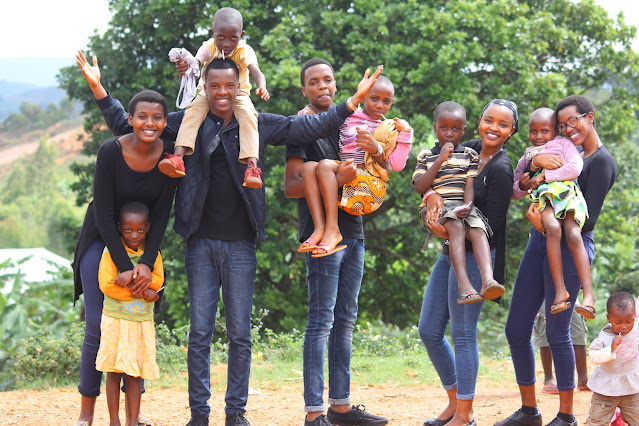Rethinking Hunger: How To Achieve Food Security

From the beginning of civilization and before humans began to grasp the true nature of the world around them, hunger has been a long-standing issue.
The 2025 Grammys: A Good Year for People Like Us

The 67th Annual GRAMMY Awards happened on February 2, 2025, and as usual, it was a night of glitz, glamor, and a celebration
Why Is Gender-Based Violence Prevalent In Africa?

Gender-Based Violence (GBV) is a global problem crossing cultural, economic, and geographic boundaries, affecting individuals, families, and communities.
How Can Men Help Reduce Gender Inequality?

For society to prosper, everyone must play a role in dismantling the structures that continue to perpetuate gender inequality.
Workplace Harassment and Violence Against Women

Workplace harassment and violence against women remain one pressing issue worldwide, cutting across industries, professions, and cultural divides.
The Rise of Ritual Killings in Nigeria

Ritual killings have been a longstanding issue in Nigeria, but in recent years, these gruesome practices have taken a terrifying turn
What Does It Mean To Be Nigerian?

My parents in their benevolence kept me in a bubble: a bubble of perpetual provision and financial security. I had zero worries and big dreams.
Inclusive Healthcare for Gender Non-Conforming People in Africa

In Africa, queer and gender non-conforming individuals face significant challenges in accessing healthcare, exacerbated by legal and social discrimination.
Twelve Lessons For African Youth

Africa stands at a pivotal moment in its journey. With the largest youth population globally, the potential for transformative change is boundless.
Lessons for African Youth: Cyberbullying Awareness and Mental Health Support

Cyberbullying awareness and mental health support are essential aspects of navigating the digital age with resilience and compassion.

